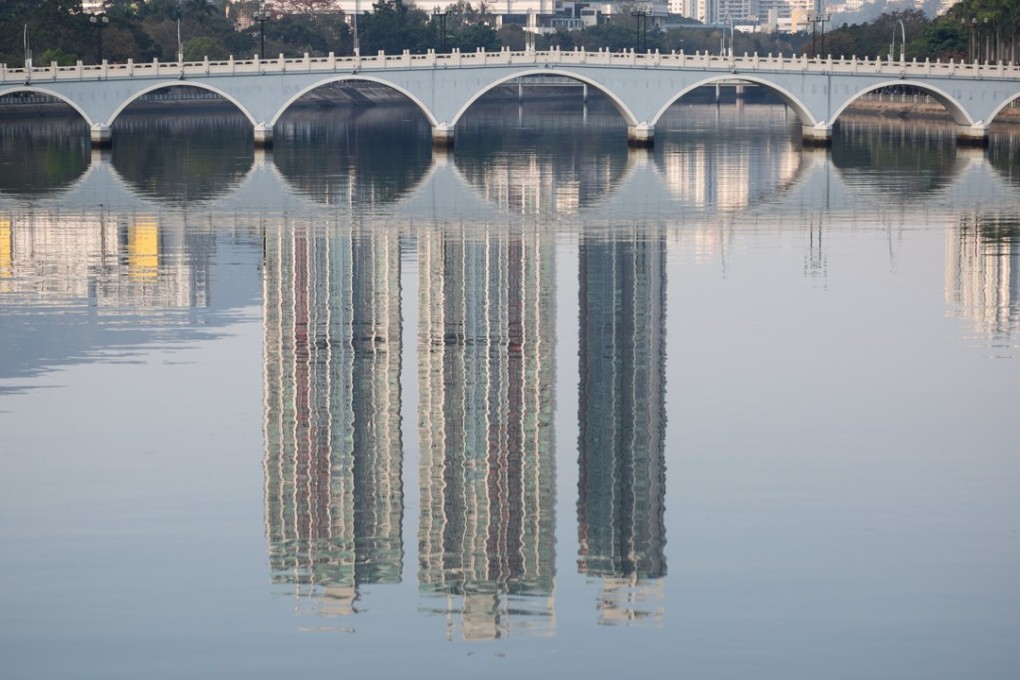Chinese developers make a move on secondary property market in Hong Kong
Cash-rich real estate companies shift focus from bidding for land to acquiring existing property in Hong Kong

Mainland investors’ appetite for property in Hong Kong is showing no signs of abating despite sky-high prices and capital control measures.
Since the second half of last year, deep-pocketed developers from the mainland have shifted from bidding for land to acquiring existing property.
In March alone, there were four transactions worth more than HK$3.3 billion (US$420.4 million).
Henry Mok, regional director of capital market at JLL, said the presence of mainland developers in the city will continue to grow.
“They have recently turned increasingly active in seeking investment opportunities in the private market,” Mok said.
Fuzhou-based developer Fullsun International bought five floors in a Kowloon East Office project totalling 72,800 square feet and 16 car parking spaces for HK$1.3 billion in March. It followed the company’s acquisition of a property located at La Salle Road, Ho Man Tin, for HK$920 million a week earlier. The project will provide 78 units and is expected to be completed this year.
Guangzhou-based Dinglong Group paid HK$1 billion for 13 villas in Tsuen Wan, while China Aoyuan Property, also based in Guangzhou, bought five units at Yin Yee Mansion at Mid-Levels West for HK$131 million, its first foray into Hong Kong after it failed to win a bid for a residential site in Whitehead in Ma On Shan last year.